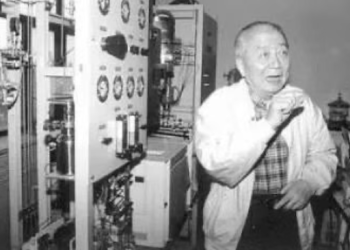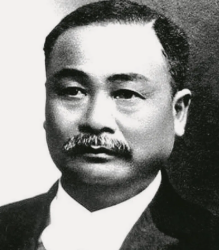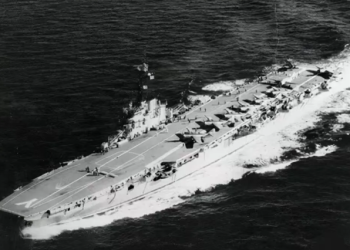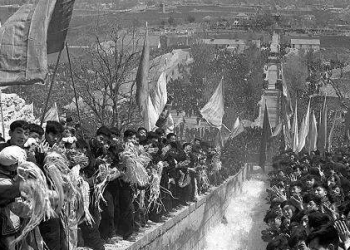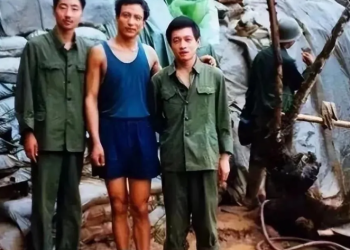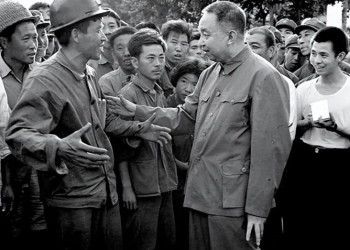In 2025, at the age of 70, Wang Jianlin is going through the most difficult period of his life.
Once crowned China’s richest man three times, he basked in glory and power.
But now, burdened with a staggering debt of 600 billion yuan, he can barely breathe under the pressure.
The man who once stood tall in the spotlight now appears weary and aged—a fallen hero in twilight.
On April 17 this year, he was forced to make a painful decision: selling Wanda Hotel Management Company to raise 2.497 billion yuan in cash.
The purpose? To repay a $250 million bond that was about to mature.
This marks the fifth time Wang Jianlin has sold off a core asset.
1. Wang Jianlin’s Debt Spiral
Wang Jianlin’s troubles stem largely from his own high-stakes gambles.
In 2016, Wanda Commercial delisted from the Hong Kong Stock Exchange. To repurchase the company’s shares, he signed his first “bet-on-listing” agreement, promising to relist on the A-share market by 2018.
However, policy trends shifted abruptly—government regulations tightened, and the real estate market took a downturn.
Left with no other choice, Wang sold 13 cultural tourism projects and 77 hotels to Sun Hongbin in a bundle deal, raising 63.2 billion yuan to stay afloat.
In 2018, Wang made a comeback. He teamed up with Tencent and Suning, securing another 34 billion yuan in funding, still hoping to land an A-share IPO.
But the attempt failed again—marking what many now consider Wang Jianlin’s Waterloo.
In 2021, he made one final bet, signing a third listing agreement—this time wagering on a successful Hong Kong IPO by 2023.
After three failed deals, Wang lost over 150 billion yuan, plunging deep into a vortex of debt.
Today, Wanda Commercial Management has only 15.1 billion yuan in cash, while its short-term debt stands at 40 billion yuan, with total liabilities reaching an astonishing 299 billion yuan.
Creditors are no longer holding back. Former allies like Yonghui, Suning, and Intime have all taken legal action to recover their loans.
If Wang Jianlin loses those lawsuits, another 25 billion yuan of debt will be added to the pile.
2. Built by Expansion, Broken by Expansion
At the core, Wang Jianlin’s rise and fall can both be traced back to one word: expansion.
In his prime, he was widely recognized in the real estate world as the “master of creating urban centers.”
When the first Wanda Plaza opened in Changchun, global giants like Walmart and Red Star Macalline scrambled to move in, and nearby housing prices tripled overnight.
This “city-building” model fueled Wanda’s glory years, with annual rental income exceeding 40 billion yuan at its peak.
But this model came with fatal flaws—high leverage, high turnover, and fragile cash flow.
Any hiccup in liquidity could trigger a financial crisis.
In 2017, when China’s central bank tightened financing for real estate firms, Wanda was hit hard, and its debt suddenly soared to 600 billion yuan.
What made things worse was Wang Jianlin’s repeated attempts at diversification, none of which succeeded in turning the tide.
In the face of sweeping macroeconomic changes, even the strongest individual efforts can seem insignificant.
Wanda’s Disney project lost 3.5 billion yuan. The Wanda Movie Park in Wuhan suffered over 2 billion yuan in losses. U.S.-based AMC Theatres, due to the pandemic, reported a 4.6 billion yuan loss.
Each of these failures landed like a heavy blow on this aging titan nearing his seventies.
Now, the first thing Wang Jianlin does every morning is check the capital flow report: which debts are due, which assets can still be liquidated.
3. The Last Real Estate “Tough Guy”
Today’s real estate industry is no longer what it used to be.
The once-dominant tycoons of the past are now mostly entangled in massive debt.
Xu Jiayin (Evergrande) reportedly used a “technical divorce” to transfer assets. Yang Guoqiang and his daughter from Country Garden have essentially chosen to “lie flat.” Suning’s founder Zhang Jindong has been officially blacklisted as a defaulter.
Among them, only Wang Jianlin is still gritting his teeth and insisting on repaying his debts.
More remarkably, Wang Jianlin set three strict bottom lines for himself:
1) No unfinished construction—26,900 residential units must be completed.
2) All 150,000 employees must receive their salaries.
3) Small creditors must be repaid first.
Over the years, to honor these principles, Wang Jianlin has sold not only core assets like Wanda Plazas,
but also overseas properties such as Legendary Pictures in the U.S., Sunseeker Yachts in the U.K., and Wanda Hotel Management Company.
These were all once “beloved children” he had personally nurtured—selling them off one by one was undoubtedly heartbreaking.
This sense of responsibility has even influenced his son, Wang Sicong.
Though often seen living a life of luxury, Wang Sicong once made it clear in an interview:
“We can sell hotels, sell cars—we can sell anything, but we’ll never sell out our country.”
Despite being frequently criticized for his private lifestyle, Wang Sicong showed that, when it matters most, the family values remain intact.
In the deep winter of China’s real estate industry, Wang Jianlin’s determination and accountability truly stand out.
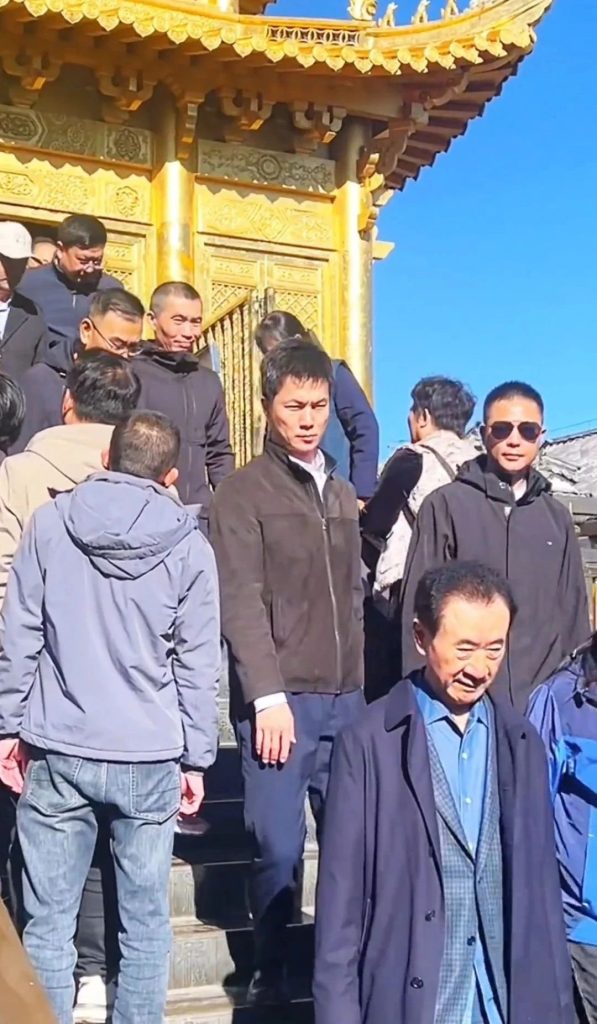
In November last year, a photo of Wang Jianlin burning incense at a temple in Dali went viral.
He looked thinner, older, with exhaustion written all over his face.
Regardless of how his story ends, this 70-year-old man had the courage to face his crisis head-on.
He didn’t run away leaving mountains of debt like Jia Yueting, nor did he leave millions of ordinary people in financial ruin like Xu Jiayin.
For that alone, Wang Jianlin deserves our respect—he is a true man of honor.
Back in 2015, when Wanda first went public, a skeptical investor once asked Wang Jianlin whether he would cash out and leave like other founders.
Wang replied firmly: “I can tell you clearly—I will never cash out and walk away.”
He may no longer be the billionaire who once told people to “set a small goal of making your first 100 million,”
but through his actions, Wang Jianlin has shown us what a real hero looks like.
This sense of responsibility is more precious than wealth.
Wang Jianlin’s story isn’t over yet. But no matter how it ends, his persistence and principles have already surpassed most.
Here’s wishing Wang Jianlin a safe and successful return to shore.


